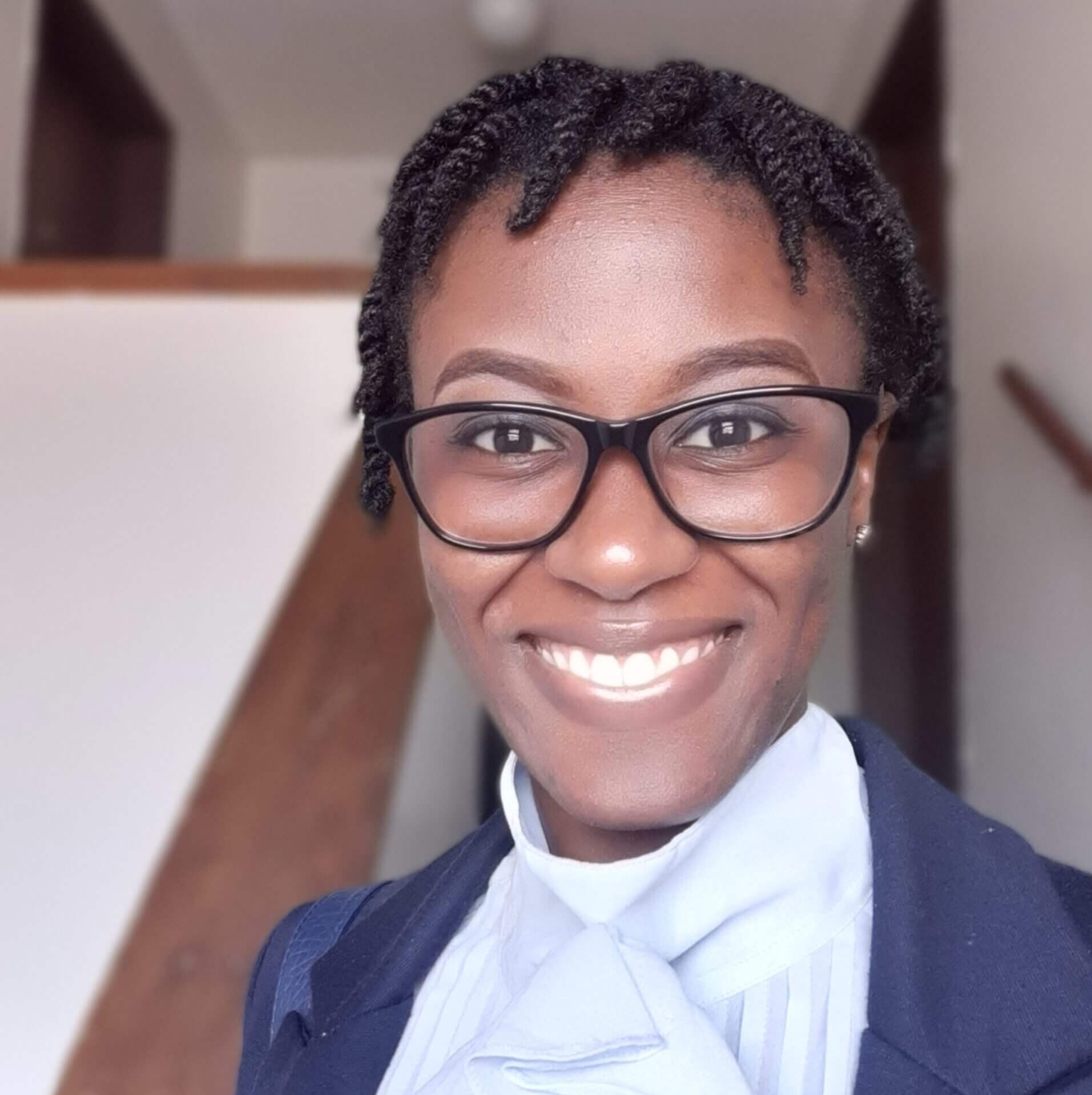What is your educational background?
I am a first class graduate of Biochemistry from Ebonyi State University, Nigeria. Prior to my admission to study biochemistry, I wanted to study medicine or pharmacy or any other course in the medical field. Based on what I knew then, I thought that was the best course to do if you want to make it in life and you will have some sort of job security with a medical degree. Well, I didn’t get the admission to study medicine, so I opted for biochemistry and I’ve been so glad I did.
What is your current occupation?
I am a PhD student of Biochemistry at the University of Nebraska, Lincoln. My research is focused on structural characterization of tight junction proteins and understanding the function of these proteins from their structures. Previously, I also worked to isolate monoclonal antibodies (that would hopefully neutralize KSHV infection) from single human B-cells.
What or who got you into STEM?
I always knew I wanted to be in the science field because growing up, we saw scientists (mostly doctors) as people who save lives and there is actually a lot of lives to be saved. I also had a family who also encouraged me to go into sciences because they saw a lot of potentials in the field and in me.
What is the biggest challenge/barrier you have faced as an African in STEM?
My biggest challenge as an African in STEM was denigration. When I first started my program, I had some people who always found a way to put me down or tell me how every African student they have worked with were dull. I’m not sure they did that because I am female, I think it’s just who they are and what they have known.
How do you think your background/upbringing has been beneficial in your journey/career?
I mentioned earlier that I had a family that supported and in fact, made me do things I would not choose to do by myself. They played a big role in the choices I made. Also, because I love to learn new things and we had limited knowledge base while I was an undergrad, I decided I was going to get my second degree outside the country to better equip me.
.
How do you think we can start to change the narrative surrounding African contributions
to global STEM research & careers?
There is a lot to be done. I think the biggest challenge of learning in Africa is funding. Researchers don’t venture outside their comfort zone because they barely have enough money to perform a basic research. Students pay huge sums of money to carry out project and the outcome of scientific researches in Africa are greatly undervalued. I think the government has a role to play in the financial support of research institution, especially in schools and there should be bodies or organizations to see that funding are distributed fairly to every field of study, and that research activities are within the countries ethical jurisdiction and are made available to the public.
What advice would you like to give to young, aspiring Africans in STEM?
Never stop dreaming and chasing those dreams. It won’t be easy, but it will be worth it!





